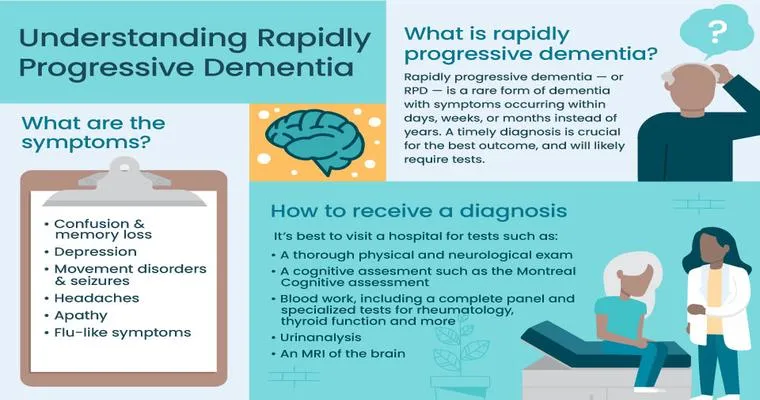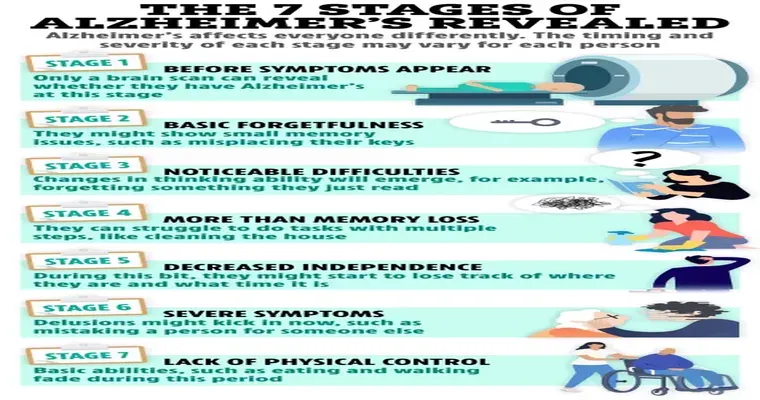When a loved one, especially a "mother" who has been diagnosed with "memory impairment", moves into a "memory care facility", the transition can be quite challenging. It is common for families to feel overwhelmed and uncertain about how to help their loved ones adjust to this new environment. If your mother is not adapting well, there are several strategies you can implement to ease her transition and improve her comfort level.
First, it is essential to understand that adjustment to a memory care facility can take time. Many residents experience feelings of "confusion" and "anxiety" as they navigate this significant life change. Here are some practical tips to help your mother adapt more successfully:
1. "Communicate Openly": Regular communication is vital. Continue to visit your mother frequently and engage in meaningful conversations. Reassure her that she is loved and that you are there for her. Sharing memories or discussing familiar topics can help ground her in a comforting reality.
2. "Involve the Staff": Work closely with the staff at the memory care facility. They are trained to help residents adjust and can provide insights into your mother's behavior. Share any specific preferences or habits your mother has so that caregivers can tailor their approach to meet her needs.
3. "Create a Familiar Environment": Personalize your mother's living space with familiar items from home, such as photographs, favorite blankets, or cherished belongings. This can create a sense of security and familiarity, making the new environment feel less daunting.
4. "Encourage Socialization": Encourage your mother to participate in group activities offered at the facility. Engaging with other residents can foster new friendships and provide a support network. Social interaction is crucial in reducing feelings of isolation and loneliness.
5. "Be Patient and Understanding": Adaptation takes time, and there may be setbacks along the way. It is essential to be patient and to validate your mother's feelings. Let her know that it is okay to feel upset or confused and that she is not alone in this experience.
6. "Utilize Memory Aids": Help your mother with memory aids that can assist her in daily life. Simple tools like memory books, photo albums, or calendars can provide reminders of family, important events, and daily routines, which can reduce anxiety and enhance familiarity.
7. "Monitor Well-being": Keep an eye on your mother's emotional and physical well-being. If you notice significant changes or distress, consider discussing these concerns with her healthcare provider. They may offer additional resources or therapeutic options to support her.
8. "Seek Professional Guidance": If your mother continues to struggle despite your efforts, it may be beneficial to consult with a geriatric care manager or a psychologist specializing in memory care. They can provide tailored strategies and interventions that address her specific needs.
In conclusion, while it is difficult to see a loved one struggle to adapt to a memory care facility, providing support, patience, and understanding can make a significant difference. By implementing these strategies, you can help your mother feel more at home and improve her overall experience in this new chapter of her life. Remember, you are not alone in this journey, and seeking help when needed is a sign of strength.





